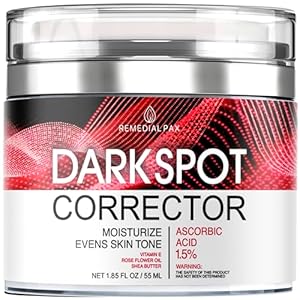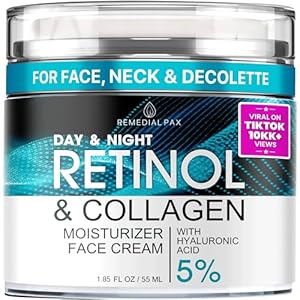Most epigenetic clocks are produced by applying machine learning techniques to DNA methylation data derived from immune cells in reference blood samples taken from individuals of various ages. A clock is just an algorithm based on the fraction of genomes in the sample that are methylated at a number of specific Cpg sites. It is not too surprising to find that these clocks produce a different result when used on epigenetic data from tissue samples instead of blood samples, or that different tissues produce different results. After all, not all cell types have the same epigenetic response to aging. Some groups are working towards universal clocks for multiple species and multiple tissues, trying to find commonalities. Meanwhile, the most well known clocks function poorly outside the context in which they were manufactured, blood samples.
DNA methylation (DNAm) data from human samples has been leveraged to develop “epigenetic clock” algorithms that predict age and other aging-related phenotypes. Some DNAm clocks were trained using DNAm obtained from blood cells, while other clocks were trained using data from diverse tissue/cell types. To assess how DNAm clocks perform across non-blood tissue types, we applied DNAm algorithms to DNAm data generated from 9 different human tissue types. For all samples, we generated DNAm clock estimates for 8 epigenetic clocks and characterized these tissue-specific clock estimates in terms of their distributions, correlations with chronological age, correlations of clock estimates between tissue types, and association with participant characteristics.
For each clock, the mean DNAm age estimate varied substantially across tissue types, and the mean values for the different clocks varied substantially within tissue types. For most clocks, the correlation with chronological age varied across tissue types, with blood often showing the strongest correlation. Each clock showed strong correlation across tissues, with some evidence of some residual correlation after adjusting for chronological age. This work demonstrates how differences in epigenetic aging among tissue types leads to clear differences in DNAm clock characteristics across tissue types. Tissue or cell-type specific epigenetic clocks are needed to optimize predictive performance of DNAm clocks in non-blood tissues and cell types.












